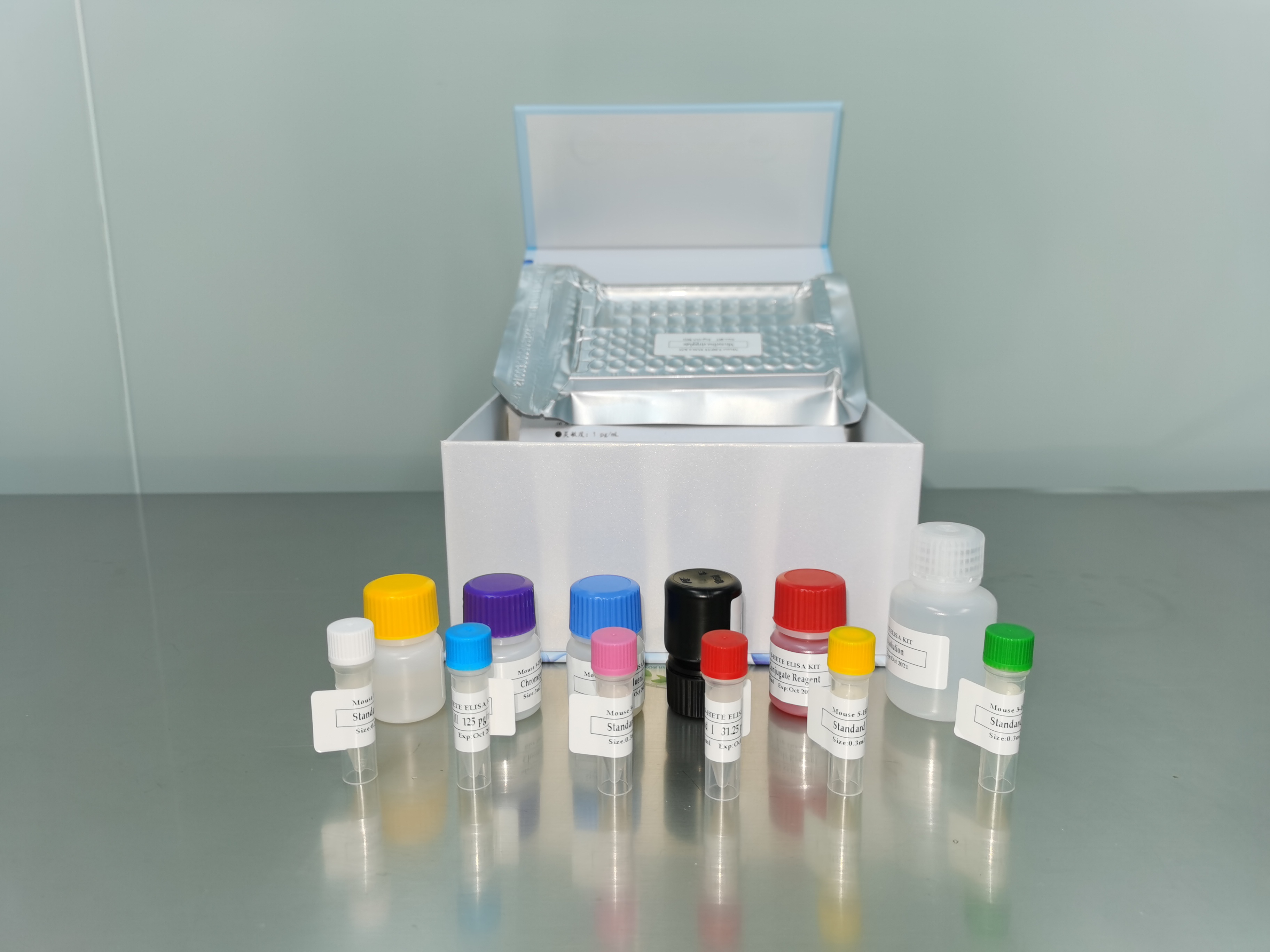| 产品名称: | Quantitative Synthetic Treponema pallidum DNA |
|---|---|
| 商品货号: | TS145293 |
| Application: | ATCC® Genuine Nucleics can be used for assay development, verification, validation, monitoring of day to day test variation, and lot to lot performance of molecular-based assays. The quantitative format allows for the generation of a standard curve for quantitative PCR (qPCR) to determine bacterial load. |
| Biosafety Level: | 1
Biosafety classification is based on U.S. Public Health Service Guidelines, it is the responsibility of the customer to ensure that their facilities comply with biosafety regulations for their own country. |
| Product Format: | frozen Specification range: 1 x 105 to 1 x 106 copies/µL 100 µL per vial with Biomatrica DNAstable |
| Storage Conditions: | -20°C or colder |
| Intended Use: | This product is intended for research use only. It is not intended for any animal or human therapeutic or diagnostic use. The synthetically engineered sequence of the product constitutes intellectual property belonging to ATCC. Unauthorized use, including sequencing, modification, or reverse-engineering, of the product is expressly prohibited without prior ATCC consent. |
| Preceptrol®: | no |
| Comments: | Preparation includes fragments from the polA, tpr, 23S gene, arp, 16S gene, flaA, 47kDa protein gene, and bmp. The following primers and probe can be used with this nucleic acid preparation Ref   Koek AG, et al. Specific and sensitive diagnosis of syphilis using a real-time PCR for Treponema pallidum. Clin. Microbiol. Infect. 12(12): 1233-1236, 2006. PubMed: 17121633: Koek AG, et al. Specific and sensitive diagnosis of syphilis using a real-time PCR for Treponema pallidum. Clin. Microbiol. Infect. 12(12): 1233-1236, 2006. PubMed: 17121633:Forward primer: GGTAGAAGGGAGGGCTAGTA Reverse primer: CTAAGATCTCTATTTTCTATAGGTATGG Probe: ACACAGCACTCGTCTTCAACTCC |
| Special Collection: | DNA |
| References: | Koek AG, et al. Specific and sensitive diagnosis of syphilis using a real-time PCR for Treponema pallidum. Clin. Microbiol. Infect. 12(12): 1233-1236, 2006. PubMed: 17121633 |


